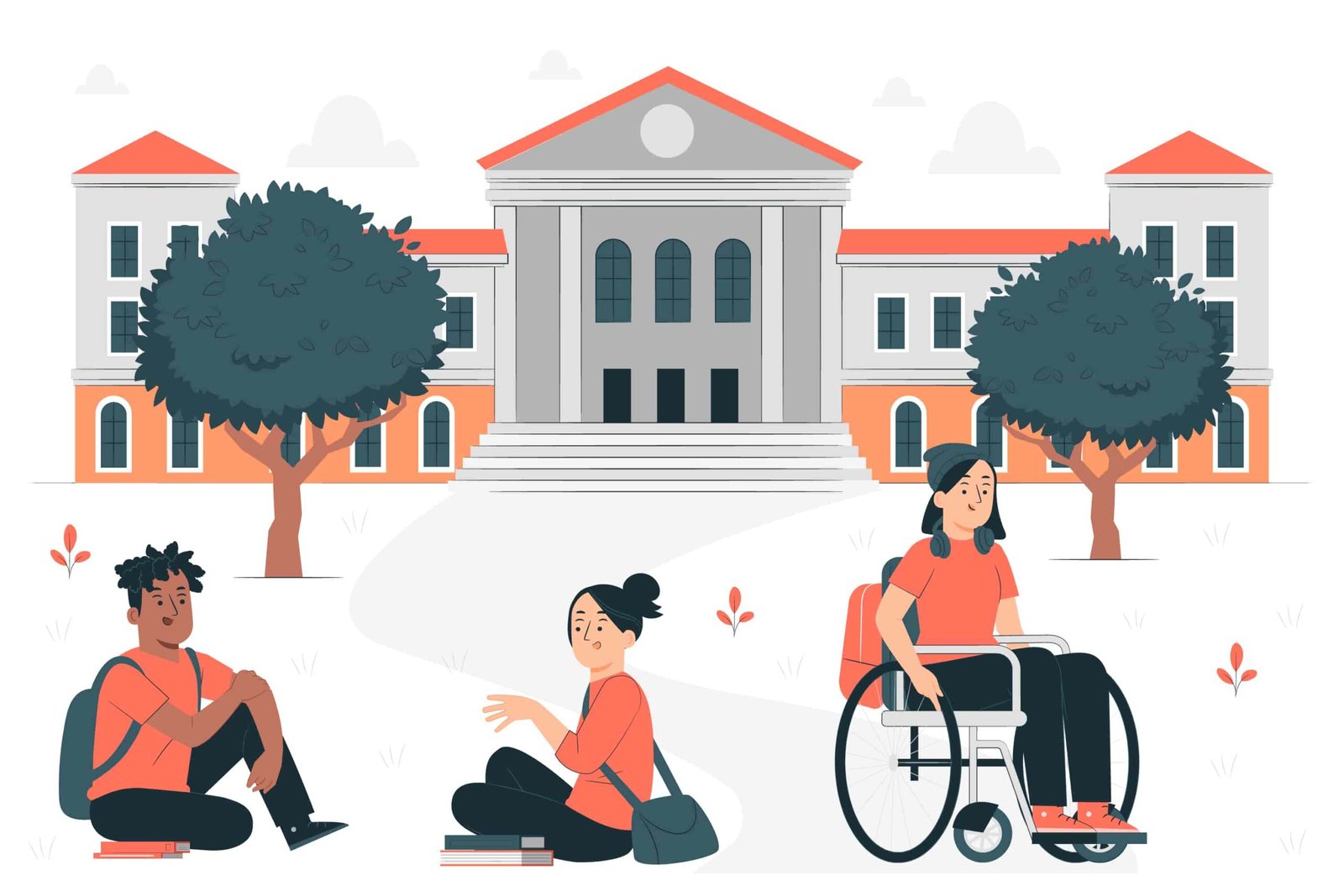University of Colorado Boulder majors and acceptance rate
Located in the Western region of the United States, the University of Colorado Boulder is located at the base of the Rocky Mountains and ranks #90 in National Universities by the U.S. News & World Report. They offer Residential Academic Programs (RAPs), multiple honors programs, and an Education Abroad experience that provides opportunities in 65 different countries. As a public research institution, CU Boulder is home to almost 90 research centers that involve more than 2,000 undergraduates in research and claims the top 3% of scholarly research citations worldwide.
Is the University of Colorado Boulder hard to get into?
The acceptance rate at the University of Colorado Boulder is 84%. For every 100 applicants, 84 are admitted. This means the school is not selective; not hard to get into. The selection process for students is based on outstanding academic achievement, innovation, and curiosity.
Is the University of Colorado Boulder a good school?
The University of Colorado Boulder is a good school that shapes tomorrow’s leaders, they are the top University for innovation and positively impacts humanity.
What is the University of Colorado Boulder known for?
The University of Colorado Boulder is known for boasting five Nobel laureates, four in physics and one in chemistry. Perhaps the world’s premier honor for intellectuals, and certainly the best known, it celebrates individuals who have “conferred the greatest benefit to humankind” through their work.
Is the University of Colorado Boulder a party school?
Yes, the University of Colorado Boulder is a party school.
What major is the University of Colorado Boulder known for?
- Business administration and management
- Psychology
- Computer science
- Public relations, advertising, and applied communication
- Physiology
- Economics
- Mechanical engineering
- Aerospace, aeronautical and astronautical/space engineering
- Ecology and evolutionary biology
- Political science and government
- Sociology
- Environmental studies
- Speech communication and rhetoric
- International/global studies
- Cell/cellular and molecular biology
- English language and literature
- Environmental design/architecture
- Mathematics
- Neuroscience
- History
- Anthropology
- Chemical engineering
- Biochemistry
- Film/cinema/video studies
- BioChemical engineering
- Physics
- Communication sciences and disorders
- Applied mathematics
- Civil engineering
- Astronomy
- Journalism
- Geography
- Philosophy
- Fine/studio arts
- Geology/earth science
- Environmental/environmental health engineering
- Digital communication and media/multimedia
- Electrical and electronics engineering
- Spanish language and literature
- Ethnic studies
- Engineering
- Architectural engineering
- Chemistry
- Music performance
- Linguistics
- Engineering physics/applied physics
- Drama and dramatics/theatre arts
- Japanese language and literature
- Art history, criticism and conservation
- Women’s studies
- Mass communication/media studies
- Information science/studies
- Music
- Atmospheric sciences and meteorology
- General studies
- Russian studies
- Humanities/humanistic studies
- Classics and classical languages, literatures, and linguistics
- Asian studies/civilization
- Religion/religious studies
- Dance
- Music teacher education
- Chinese language and literature
- French language and literature
- Germanic languages, literatures, and linguistics
- Statistics
- Community organization and advocacy
